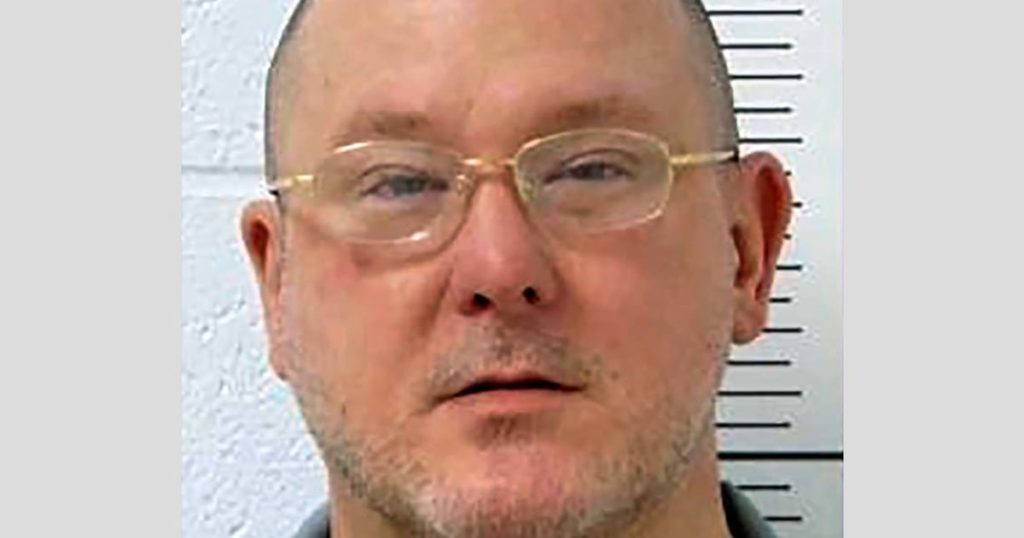Brian Dorsey, convicted of murdering his cousin and her husband in 2006, is set to be executed in Missouri on Tuesday after Governor Mike Parson denied his request for clemency. Dorsey had been staying with his cousin, Sarah Bonnie, and her husband, Ben Bonnie, after telling them that drug dealers were after him. However, he grabbed a shotgun and fatally shot the couple in their home, leaving their 4-year-old daughter unharmed. Despite claims of drug-induced psychosis and inadequate defense during his trial, Dorsey was sentenced to death by a jury.
Dorsey has made multiple appeals and challenges to avoid execution, including arguing that his court-appointed lawyers provided an insufficient defense and that he was experiencing drug-induced psychosis at the time of the murders. However, the Missouri Supreme Court has affirmed his sentence, noting seven aggravating factors that led to the decision for execution. Dorsey’s execution is scheduled to be carried out by lethal injection, following the state Supreme Court’s setting of an execution date for April 9.
Despite Dorsey’s imminent execution, he found support from dozens of Missouri Corrections Department employees, including former warden Troy Steele. They described Dorsey as a model inmate during his 17 years behind bars, with permission to work as a barber even cutting the warden’s hair. Some family members, including cousin Jenni Gerhauser, have also opposed the death penalty for Dorsey, believing it is not the appropriate punishment for him. However, appeals for clemency have been denied by the state and federal courts.
Governor Parson stated that carrying out Dorsey’s sentence is the appropriate and legal response to his heinous crimes. He emphasized that Dorsey had punished his loving family for helping him in a time of need, causing pain that can never be rectified. Despite concerns raised by corrections officers and some family members about the death penalty, the executions set for 6 p.m. local time on Tuesday. The ACLU of Missouri and the Missouri Corrections Officers Association did not immediately respond to requests for comment on Dorsey’s case.
The case of Brian Dorsey highlights the complexities and ethical dilemmas surrounding capital punishment. Despite his actions and the tragic loss of life, support for clemency and opposition to the death penalty has emerged from various parties. Dorsey’s claim of drug-induced psychosis and mental health issues further complicates the situation, raising questions about adequate defense and alternative sentencing options. As Dorsey’s execution date approaches, the debate over capital punishment and justice continues to be a contentious and divisive issue in Missouri and the broader legal and ethical landscape.


